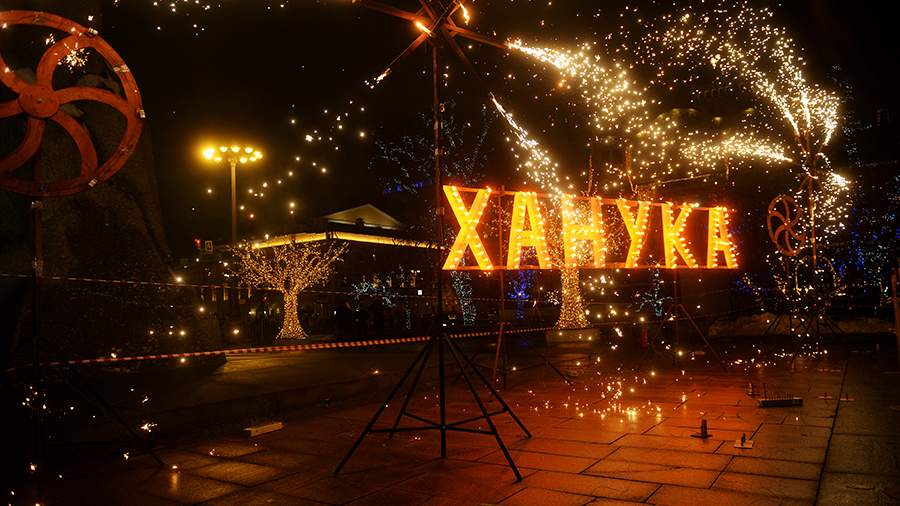Hanukkah in 2024 - when to celebrate, meaning and traditions of the Jewish holiday
- Новости
- Local news
- Hanukkah in 2024 - when to celebrate, meaning and traditions of the Jewish holiday

At the end of December, Jewish communities around the world will celebrate the most important holiday for Jews, Hanukkah, also known as the "Feast of Candles." The annual celebrations last for eight days. "Izvestia" tells about the traditions of the religious holiday and what date it is celebrated in Russia in 2024.
When Hanukkah is celebrated on the Jewish calendar
The annual celebration begins on the 25th of the month of Kislev - the third month of the year according to the Jewish calendar. Celebrations will begin on December 25 and will end next year - January 2, 2025.
However, due to the fact that the calculation of time in the Jews is different from the Gregorian, the date of the holiday on the usual calendar for Russians every year changes. For example, last year Hanukkah fell on the first half of December.
History of the Jewish holiday of Hanukkah
The history of the holiday goes back to the events of the II century BC, which took place in Israel. At that time, the Jews were living in the territory of Greek Syria. Under Emperor Alexander the Great, their life flowed in a measured manner, as the ruler did not interfere in matters of faith.
After his death, Antiochus Epiphanes of the Seleucid dynasty came to power. He pursued a policy of Hellenization of the population based on the adoption of Greek culture, religion and language. Under him persecutions against Jews began, reading of the Torah was forbidden, Jewish temples were ruined and desecrated, including the main Jerusalem temple, which was turned into a sanctuary of the Greek god Zeus.
Under the leadership of Judas Maccabeus, a military leader, the Jews revolted against Antiochus. It lasted three years and ended in victory for the rebels. After the victory, the first thing that was done was to rebuild the Temple in Jerusalem. But during the consecration it became clear that there was almost no oil left for the lamp, and it would be enough only for one day. However, a miracle happened - the lamp burned for eight days.
It happened on the 25th of the month of Kislev. Later, in honor of the miraculous event was established the holiday of Hanukkah (translated from Hebrew - "sanctification", "purification"), which was decided to celebrate for eight days.
Traditions of celebrating Hanukkah - 2024
During the days of Hanukkah, it is customary to greet each other with the words "Hag Hanukkah Sameach", which in Hebrew means "Merry Holiday". In homes and synagogues they place hanukiahs - stands on which eight candles are placed. In the center is placed one more - shamash, from which all the other candles are lit. It is believed that their light dispels all bad things.
The sacrament of lighting the Hanukkiah is entrusted to the head of the family at the moment when the first stars appear in the sky. Before lighting the candles, blessings are recited. Only then can the meal begin.
The holiday table traditionally includes many dishes cooked in oil, especially doughnuts with berry filling (sufganiyot) and potato pancakes (latkes), which are also called Jewish draniki.
Schools are on vacation during this time so that children can spend the holiday with their families. They play a game of whirligig with them and give them various gifts. This tradition dates back to ancient times when the Greeks forbade the reading of the Torah. Under the guise of playing a game of whirligig, Jews would gather together, secretly studying the holy book.
During the days of the holiday there are also a number of prohibitions common to all Jews. For example, it is forbidden to do household chores, especially while candles are burning. It is forbidden to mourn the dead, refuse to eat or fast. All days of celebration should be filled with joy and gratitude to G-d, reminding of the deliverance from Greek oppression and that sometimes even a drop of light can dispel darkness.
Earlier "Izvestia" told about the traditions of the holiday Pesach, or Jewish Passover.
Переведено сервисом «Яндекс Переводчик»
